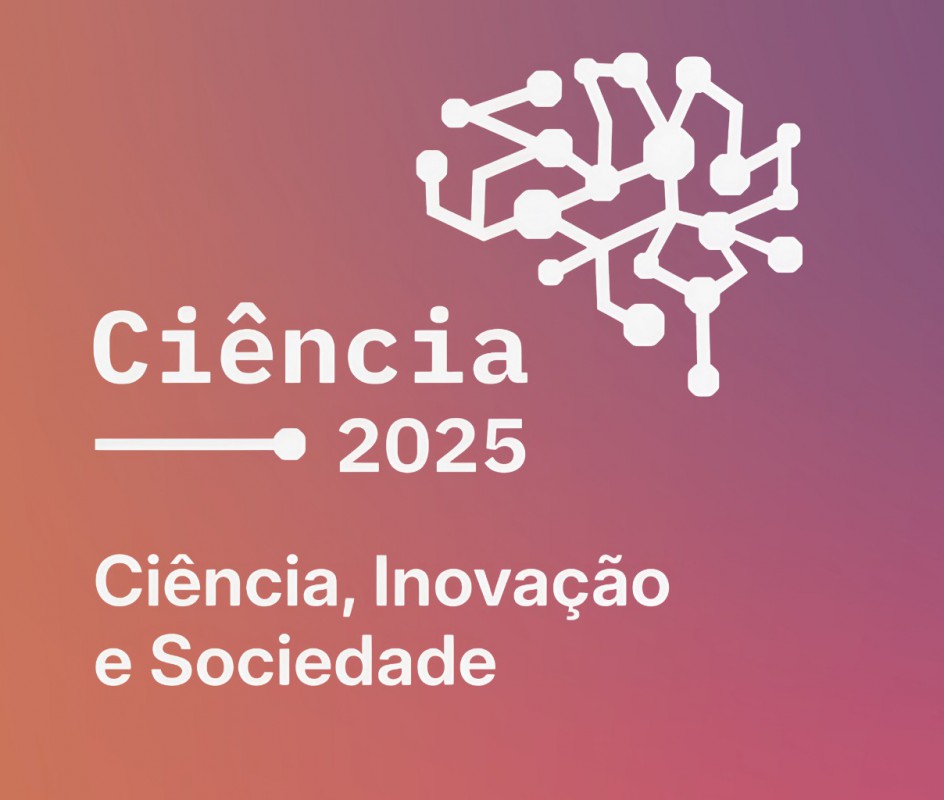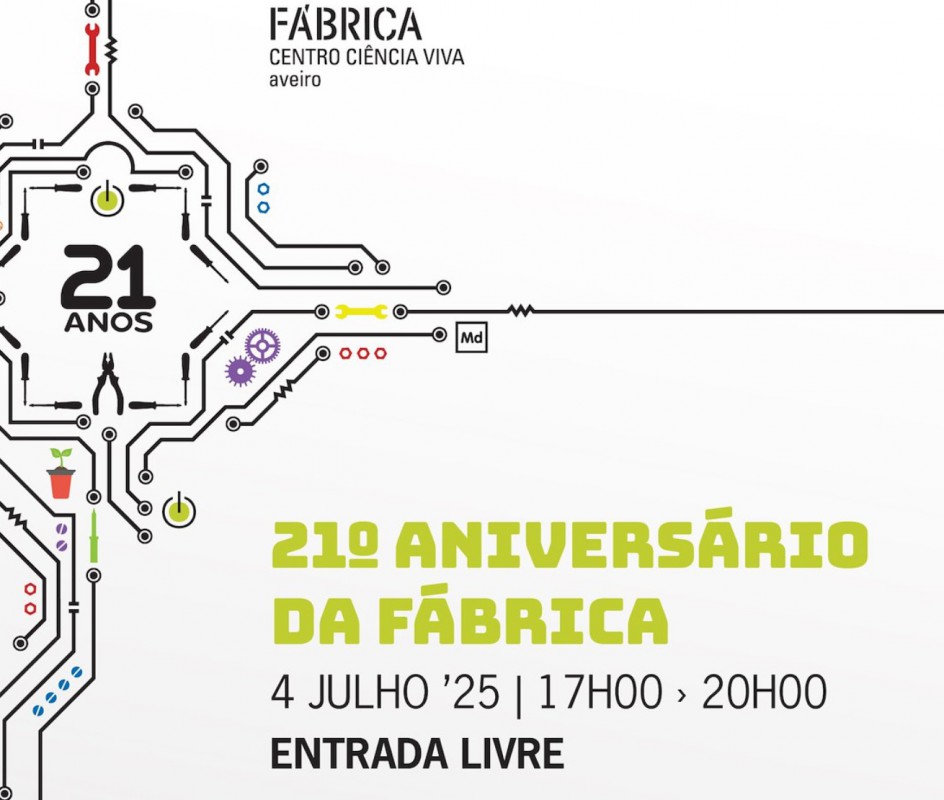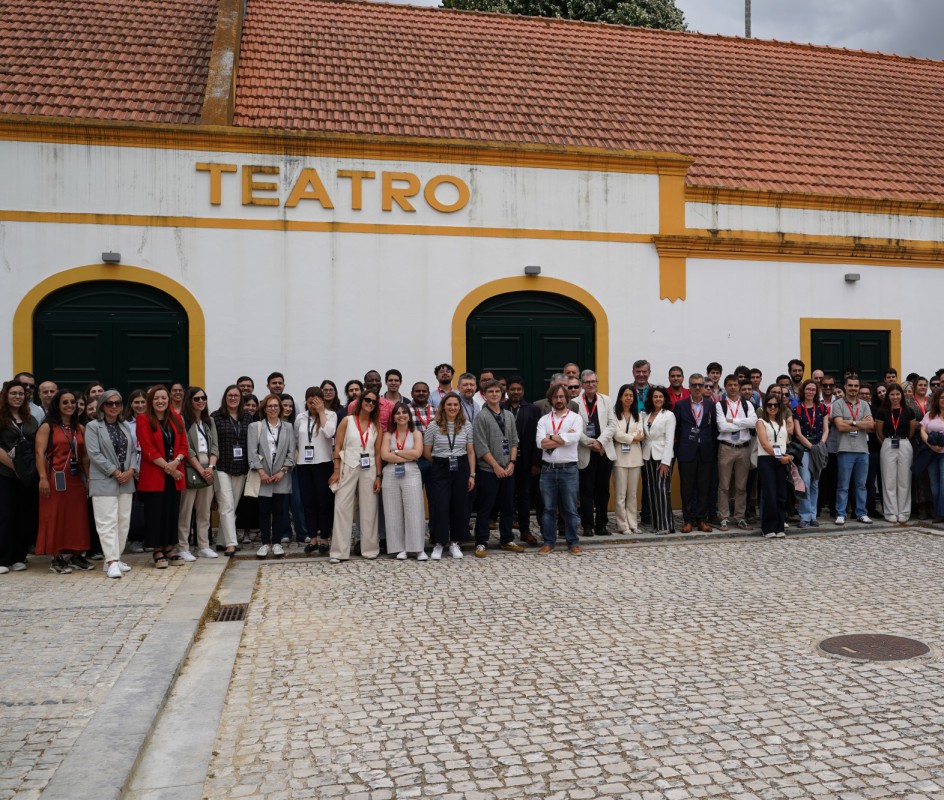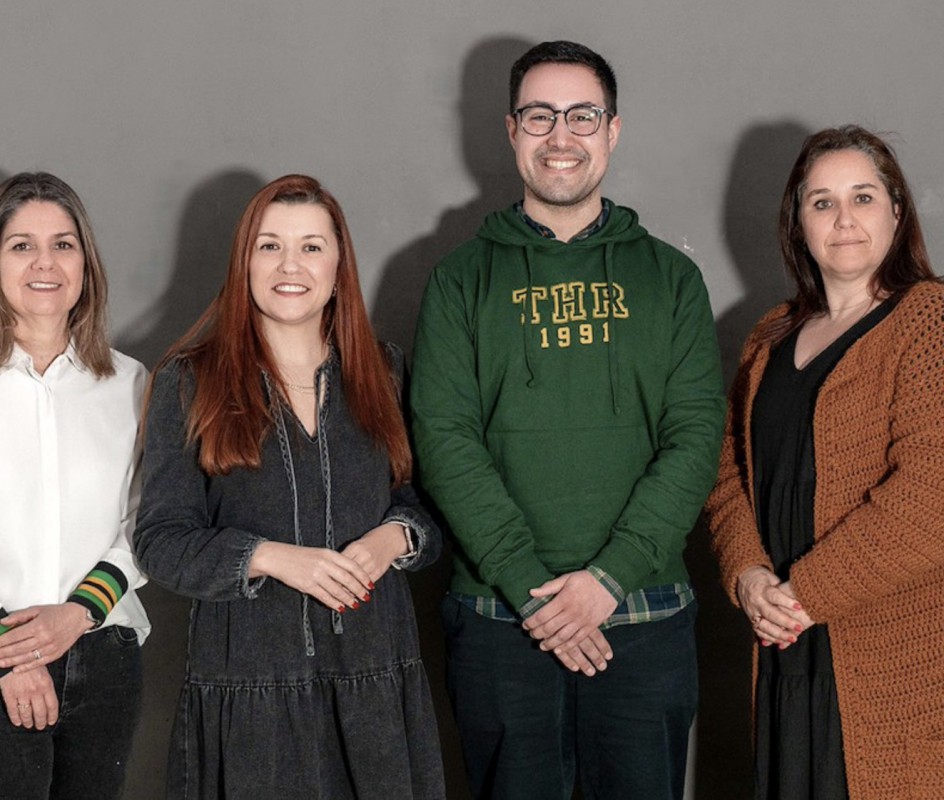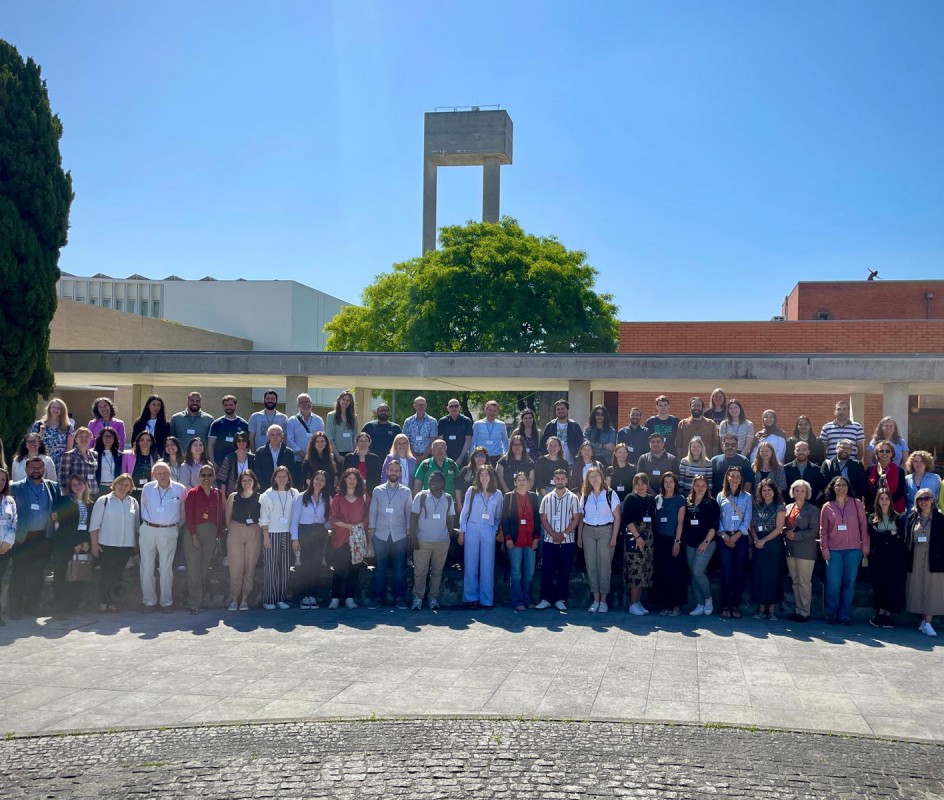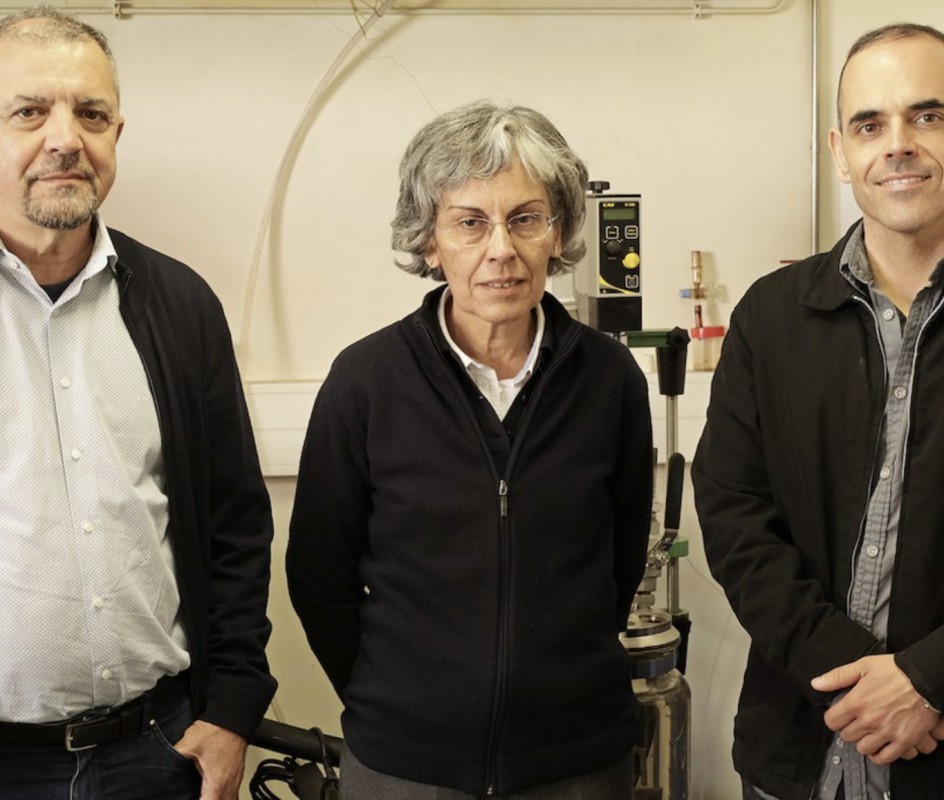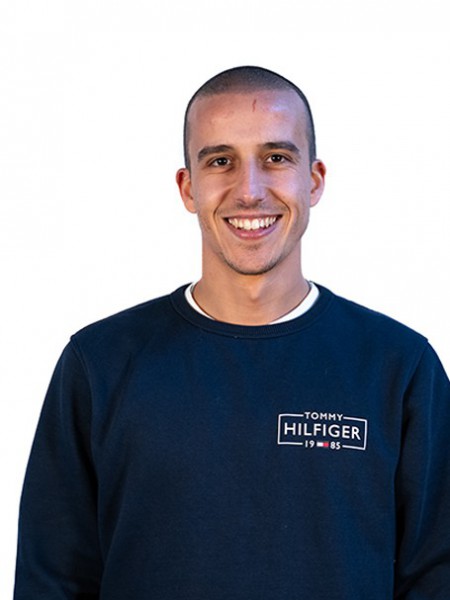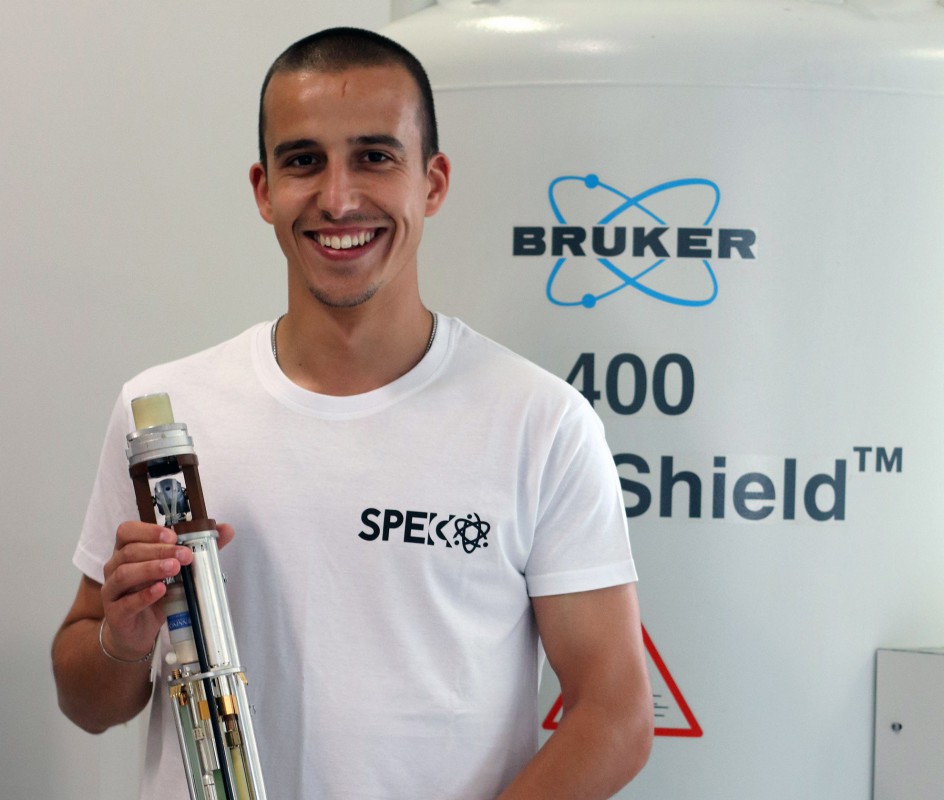
A team of researchers from CICECO (Daniel Pereira, Mariana Sardo, Ildefonso Marín-Montesinos and Luís Mafra) recently published a pioneering study in ACS Analytical Chemistry Journal, describing how 3D-printing methods can be used to produce affordable solid-state NMR parts, i.e., stator and RF coil.
Solid-state nuclear magnetic resonance spectroscopy is an essential analytical technique for the characterization of the structure and dynamics of powdered samples encompassing small molecules, biomolecules and materials. High-resolution NMR spectra of solids are usually obtained by rotating the sample at the magic-angle (54.74°) inside a pneumatic turbine, stator, which must be designed to achieve stable and high spinning speeds (in the order of kHz) without mechanical friction. Instabilities during sample rotation often lead to crashes resulting in the complete destruction of crucial elements (e.g., rotor and sample, stator, RF coil) and costly repairs. Producing these intricate parts requires traditional machining methods, which is time-consuming, costly and relies on specialized labor exclusively performed by instrument providers.
In this work, CICECO Researchers show how 3D-printing can be used to fabricate a magic-angle stator in one shot, while the RF solenoid was assembled using conventional materials available in electronics stores. The 3D-printed stator, equipped with a homemade RF coil, showed remarkable spinning stability, yielding high-quality NMR data. At a cost below 5 €, the 3D-printed stator represents a cost reduction of over 99% compared to repaired commercial stators, illustrating the potential of 3D-printing for mass-producing affordable magic-angle spinning stators. It’s the notable efforts of the PhD student, Daniel Pereira, that have made such remarkable strides in NMR technology a reality. The methods described in this work democratize the applications of magic-angle spinning NMR and enable labs to produce novel stator designs tailored for specific applications.
The work took place in the scope of the NMR4CO2 Consolidator Grant, financed by the European Research Council (grant agreement 865974).
The publication is available at: https://doi.org/10.1021/acs.analchem.3c01323
Related Articles
We use cookies for marketing activities and to offer you a better experience. By clicking “Accept Cookies” you agree with our cookie policy. Read about how we use cookies by clicking "Privacy and Cookie Policy".


